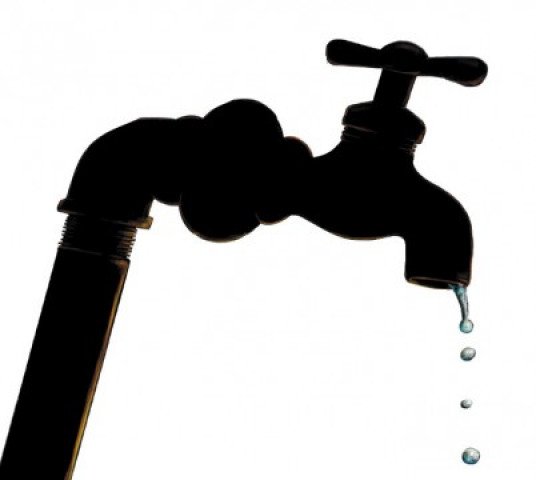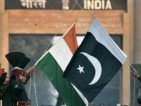1. What’s Happening?
Murree, the beloved mountain retreat nestled just outside Islamabad, is currently enduring a severe water shortage. As summer peaks, many neighborhoods—Sadiq Chowk, Lower Bazaar, Jamia Masjid Road, Shawala, Kart Road, and more—are receiving water barely once a day, and often only for a few fleeting minutes around 3 pm pakobserver.net+8tribune.com.pk+8app.com.pk+8.
Locals have raised an urgent appeal to authorities, urging the Deputy Commissioner to secure uninterrupted supply and crack down on private exploitation that is siphoning off the limited water supply tribune.com.pk.
2. Why Now?
- Natural demand spike: Murree’s sweltering summer, combined with a surge in tourists, has driven demand well beyond the region’s modest supply capacity.
- Low reservoir reserves: The township’s existing water supply—drawn from Haro, Dhar Jawa, and Khani Taak—is stretched thin, with supply capacity far below current needs tribune.com.pk.
- Climate-driven shortfall: Pakistan faces a nationwide water crisis: dams like Tarbela and Mangla are nearly empty, monsoon rain and Himalayan snowfall have dropped drastically, and entire regions are bracing for severe drought pakobserver.net+4thenews.com.pk+4ndtv.com+4.
3. Impact on Residents
For Murree’s residents:
- Daily chores like cooking, cleaning, and bathing are becoming rationed.
- Local women are disproportionately burdened, often organizing water storage and rationing for families.
- Businesses—especially hotels, restaurants, shops—are forced to limit service or pass on costs due to mounting reliance on water tankers.
4. What Is Being Done?
- Urgent appeals: Residents have appealed to the Deputy Commissioner for intervention and equitable distribution en.wikipedia.org+9tribune.com.pk+9dawn.com+9.
- Govt initiatives: Previously planned improvements—including bulk-supply projects (e.g. from Jhelum River) and repairs to aging pipelines—have been delayed or remain incomplete tribune.com.pk.
- High-level directives: Punjab’s Chief Minister has commissioned recycled-water feasibility studies and infrastructure upgrades in Murree tribune.com.pk+4app.com.pk+4dawn.com+4.
5. Broader Context & Root Causes
Murree’s plight reflects Pakistan’s systemic water crisis:
- Per capita water availability has plunged by nearly 80% since 1951, and is still falling reddit.com+9thenews.com.pk+9reddit.com+9.
- Rainfall and snowpack in catchment regions have been 40–70% below normal through winter and spring .
- National agriculture still consumes roughly 90% of water, often with inefficient irrigation. Urban leaks and unmanaged extraction exacerbate shortages thenews.com.pk.
- Upstream changes—like dam management by India and stalled canals—compound pressure on scarce water systems .
6. What Must Be Done
- Short‑term actions
- Launch emergency tanker services to the most affected areas.
- Enforce rationing and curb illegal extractions.
- Set up temporary recycled‑water systems for non‑potable usage.
- Mid‑term solutions
- Fast‑track the Murree Bulk Water Supply project.
- Repair and upgrade distribution pipelines to reduce loss.
- Invest in local rainwater harvesting and spring-catchment repairs.
- Long‑term strategies
- Enhance watershed management in Murree’s hills to restore spring sources.
- Promote community awareness on conservation (e.g. harvesting rainwater, leak repair).
- Integrate Murree into broader Punjab schemes like the Vertebral Ghazi Barotha water link and dams — ensuring fair allocation pakobserver.net+3thenews.com.pk+3thenews.com.pk+3tribune.com.pken.wikipedia.org.
7. Conclusion
Murree’s water crisis is a microcosm of Pakistan’s broader water emergency—one that is climate-driven, politically complex, and exacerbated by poor resource management. However, Murree also presents an opportunity: its small size and engaged community can pioneer scalable solutions—from rainwater harvesting to pipeline modernization—and inspire change across Pakistan’s water-stressed towns.
Without immediate action, Murree risks losing its charm and viability. But with coordinated effort—community, government, and policy—the hill station can emerge smarter, greener, and more resilient.
How do you think Murree should manage this crisis? Please share your thoughts or any local stories you’ve heard!



